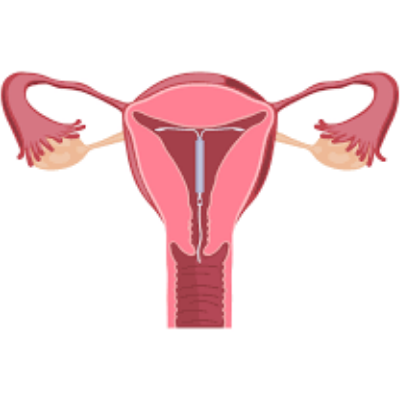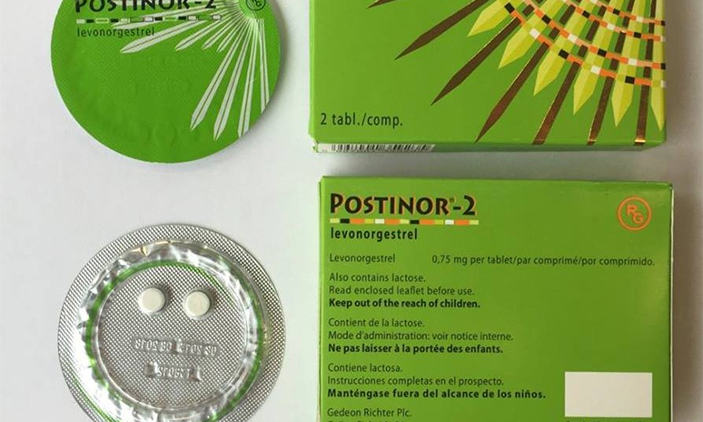Intrauterine devices, commonly known as IUDs are a form of birth control. They are T-shaped pieces of plastic, inserted into the uterus to prevent pregnancy by stopping sperm from reaching the eggs. In this article, five Nigerian women talk about their experience using IUDs.

Jumoke, 27
I had an IUD installed immediately after an abortion in December 2020. Before then, I had tried it before but the strings attached to it were too long so I had it taken out. I got the non-hormonal IUD made out of copper. I am not sure if it was because my cervix was still sore but I cramped for a few days after and bled too.
My periods were heavier for the first few months added plus the effects of the COVID vaccine. It was stressful but I love having it in me. I still worry about every month when I have sex with a man because sometimes they fail or you could end up with an ectopic pregnancy.
Eyi, 26
Sometimes I forget I have an IUD inside me. That’s how convenient it is for me. I’ve had it for almost a year now. I bled for the first few days and my periods increased but it eventually went back to normal. I like the fact I don’t have to remember to use it. I recommend it for anyone who was looking for long term birth control. I hated the
Lape, 27
I got an IUD inserted in 2019 at my family hospital. I got the non-hormonal one, commonly called copper-T. The process took about 10 minutes. My doctor inserted a speculum to get a good view and then disinfected the entrance to the cervix before inserting the IUD.
In the third month after insertion, my periods became heavier. My doctor said the bleeding was caused by a fibroid growing in my uterus. I was tranexamic acid, which I used during my periods to help blood clot and it helped. I took the IUD when I was ready to have a baby and I plan to replace it now that’s done.
Amina, 52
When I started having kids, I decided to get an IUD. Before then, I used to take pills but I was told that taking pills in your 30s can cause hormonal issues. When I was 35, I got an IUD inserted. It was effective but I didn’t like that I could feel the rope. I had mine for three years. When I was ready to have another child, I took it out.
Oke, 24
I got mine in 2019. The insertion process was painful. I had to come back when I was on my period because they said the cervix would be more dilated and it won’t be as painful to insert.
After insertion, the experience was smooth. There were no changes in my body. I had it in for about a year. Towards the end of the year, I noticed a weird feeling around my left pelvic area and when I went to get checked, the IUD had shifted out of my cervix. I took it out and haven’t had it in since then.

Subscribe to our newsletter here.










